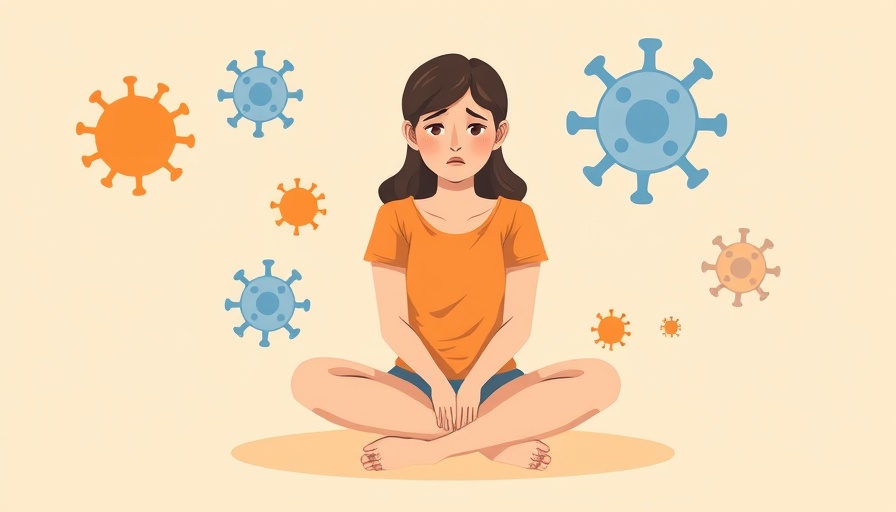
Understanding the Connection Between Food Choices and Chronic Disease
This month, USDA Secretary Tom Vilsack issued a stark warning regarding the implications of our food systems. He shed light on the chronic disease crisis stemming from reliance on programs like SNAP, formerly known as food stamps, which, while crucial for many families, often perpetuate unhealthy eating habits.
As a society, we must confront the stark reality of food deserts and the lack of access to nutritious options, particularly in low-income neighborhoods. The correlation between diet and health is irrefutable, with rising obesity rates leading to an uptick in diseases like diabetes and heart disease across various demographics.
Why Nutritious Options Are Not Just a Choice but a Necessity
With the Secretary’s emphasis on the need for healthier food options, we must consider the larger context: the implications of what constitutes acceptable food for low-income families. While many applaud the efforts to promote nutritious choice under SNAP, the reality is far more complex.
Low-income families often find themselves navigating a supermarket landscape dominated by processed, sugar-laden foods. This is perpetuated by a lack of education around nutrition and the relatively higher prices of healthier alternatives. Awareness and access are critical components in changing the narrative surrounding food-related chronic diseases.
Shifting Paradigms: The Role of Traditional and Alternative Medicines
The call for junk food regulation directly intertwines with approaches to wellness that prioritize traditional and alternative medicine. Communities can benefit from adopting holistic healing practices like Ayurveda, which promote overall well-being through diet and lifestyle modifications.
Integrative health approaches, such as phytotherapy and herbal medicine, resonate deeply in addressing dietary-related health issues. These healing practices not only offer individuals pathways to better health but create a communal ethos around nutrition that can shift the very fabric of food consumption.
Community Responsibility and Action: A Collective Effort
Addressing the chronic disease crisis is not solely the responsibility of the government. Community organizations have a role to play as partners in changing food landscapes. Initiatives like community gardens and local farmers' markets can provide access to fresh produce while fostering a sense of community resilience.
Moreover, educational programs in schools could instill a sense of healthy eating from a young age, breaking the cycle of poor eating habits. These programs should integrate the wisdom of traditional healing methods alongside modern nutritional science, creating a comprehensive educational experience.
The Future of Food Security: Predictions and Opportunities
Looking ahead, the conversation surrounding food stamps and nutrition will inevitably pivot. If policymakers heed the USDA’s warnings, we may see a resurgence in funding for programs focused on health and nutrition education as part of food assistance.
Technological innovations, like apps connecting low-income families with affordable fresh food options, and delivery services for artisanal food products could reshape how we view food access. These advancements present an opportunity to foster healthier communities.
Actionable Insights: What Can Parents and Families Do?
As parents, it is crucial to be advocates not only for our families but for our communities. Engaging with local food policy councils, learning about community-supported agriculture (CSA), and exploring local health and wellness resources can initiate change at the grassroots level.
Take a moment to evaluate your family’s dietary habits. Shift discussions around food from mere sustenance to the implications of those choices on health, expanded by insights from traditional dietary practices. This approach not only empowers families but can also transform societal food narratives.
Call to Action: Empowering Change Through Education
As we navigate these pressing challenges, consider participating in local health initiatives and educating one another on healthy living. Empower your family with knowledge about nutrition and wellness that extends beyond mere diet. In doing so, we can collectively combat the chronic disease epidemic and create a society where nutritious options reign supreme.
Take action today - visit a local health fair or nutrition workshop to make a difference in your family's health and those around you!
 Add Row
Add Row  Add
Add 




Write A Comment